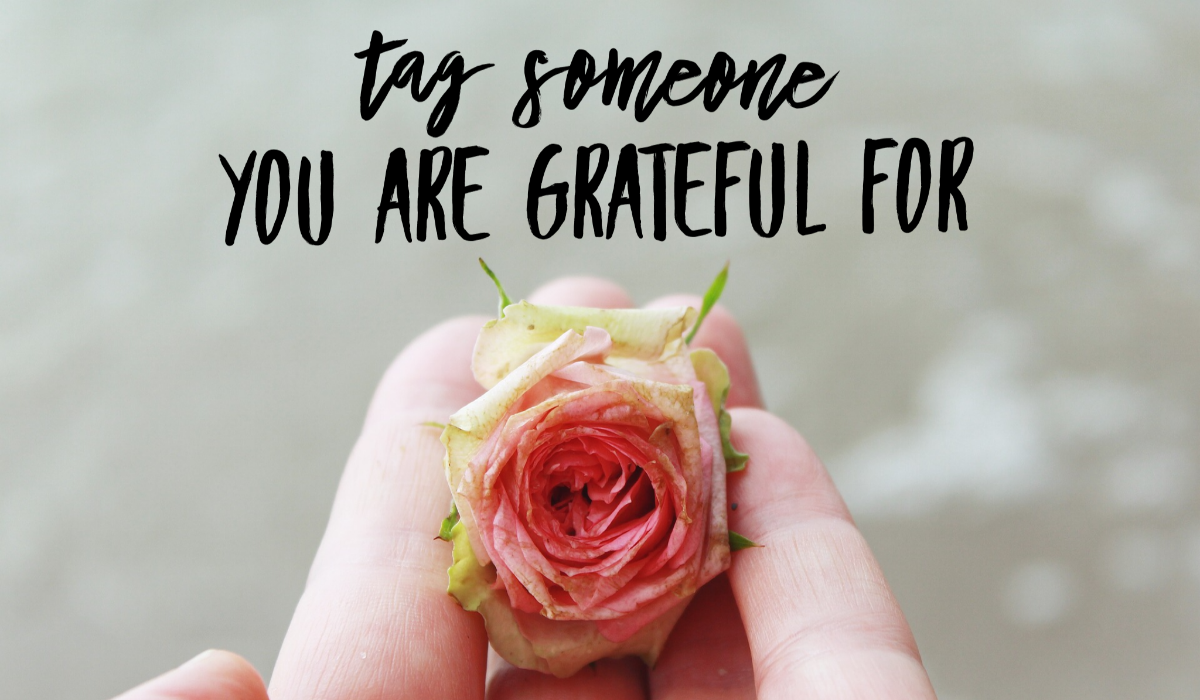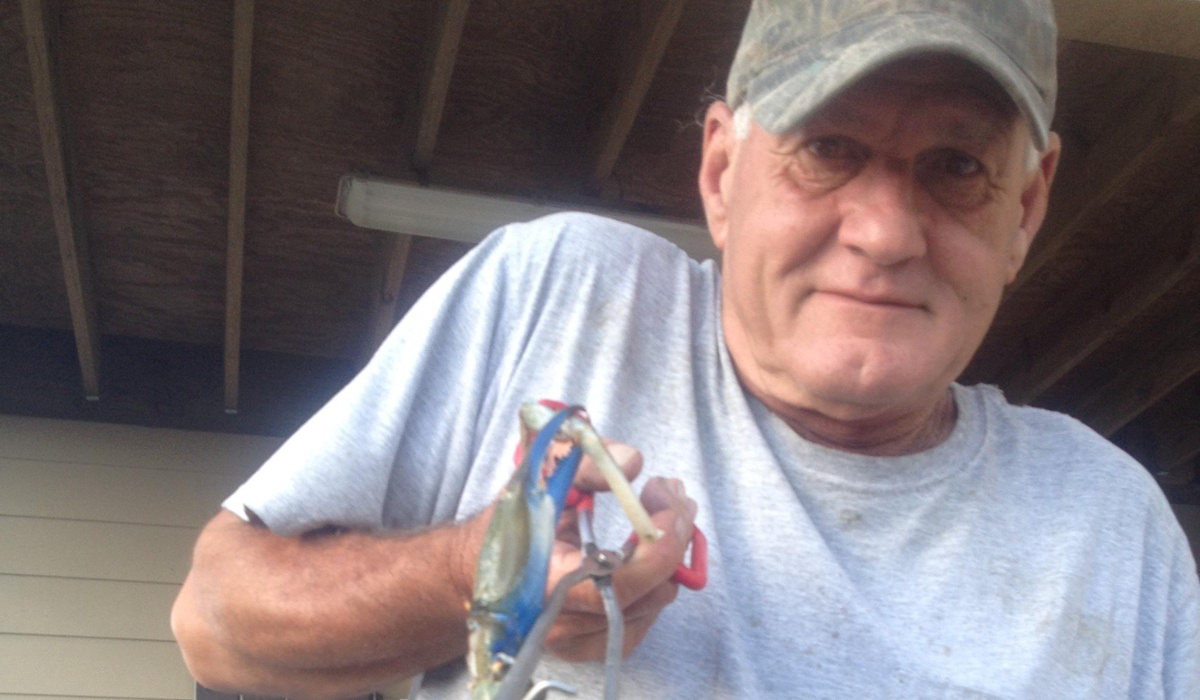How do I Grow Positive Feelings?
Can cultivating a daily habit of growing positive feelings begin with noticing gratitude or victories within ourselves and those around us?...

Sometimes in my office people are curious about me. Some ask what do I struggle with? There is an assumption that therapists do not struggle because of what they know. Knowing and doing are two different types of learning. I had an anxiety disorder for most of my life. I suffered from depression and anxiety when I was a child and young adult.
My anxiety had many of these forms throughout my life, but specifically perfectionism, body anxiety and rumination( thinking about my worries all the time). This is not something I wanted to do, I just could not help myself. I worried about boys, friends, weight, health, work, doing things "right". My biggest worry was what people thought about me. Ironically in my office it does not happen. Which is so crazy because it's a social job. But in social settings and public speaking, I still go home and reflect over what I said. Needless to say I was tormented by this "anxiety" and I coped like any well seasoned anxiety disorder patient, I avoided social settings and public speaking as much as I could. Yep I avoided. It honestly was my go to reaction. Avoidance has been my biggest tool. I had cut out most events where this could happen.
If you are my client you have heard me say how bad avoidance is. Lol but its so affective. Since I avoided most social outings the only place for this debilitating social anxiety to go was during consultation work groups. I would leave the group and ruminate about what I said, my mind would get stuck on repeat, it especially liked to do this when it is time for bed.
Thankfully I had anxiety medication that would override nighttime rumination. I used mindfulness (sometimes it worked), EMDR had lessened the intensity greatly, exercise, and about two years IMTT resolved it. You name it I used it. All have lessoned the intensity of it and medication helped when it was really bad.
This part of me was so destructive. It sensed disgust in the replay of moments of these events, real or imagined. Sometimes it was disinterest, or judgment. It was so relentless and a dead end. My emotional mind would go to perceived events that are not even remembered accurately. If someone was quiet, it was because of me. If someone was not engaging, it must be something I had said. My rational mind knew people had their own issues and moods that had nothing to do with me but I was powerless over the intensity of my emotional mind. DBT was very helpful in disconnecting from this inner dialogue.
But anyone with anxiety knows how relentless it can be. A constant battle to manage the inner critic. So how did I as a therapist work through this issue? I practiced what I preached. I value learning about my craft (therapy) which meant I had to work through this issue.
But what has provided the greatest relief is IMTT. I have released other's attitudes towards me and my emotional response to them. It has resolved most of my anxiety. Anxiety lives in our body and having a practice that releases it from our bodies is so helpful. My anxiety is no longer repetitive, or incessant. It's probably what normal people feel. Who knows about these normal people they seem to be a rarity in my world.
Anxiety can be from our trauma history and when you treat it through evidence-based approaches that focus on your body, you can resolve the trauma, and then resolve your current anxiety. DBT and mindfulness are very practical skills to manage your anxiety today so that you're not growing it unconsciously.
Exposure and response prevention is another skills-based approach to teach you how compulsive behavior keeps anxiety going. In ERP I learned to abstain from my compulsive checking and mental review of anxious moments. And last but not least when anxiety is severe, medication can have a powerful impact on managing it. But with trauma work and IMTT I have not used medication, and have not needed it for these reasons.
Resolution is possible in anxiety disorders. The road is not easy it is fraught with remembering and feeling your worst moments. It is training your brain to respond differently. It is facing what you fear most. But on the other side is peace and a sense of calm inside ourselves. Our bodies can be a place of refuge from our life. That comfort is worth all the hard work.
I am still on this path. I have continued to chip away at my history! I would not change it. Freedom has been a fickle fellow that I have experienced by diving into every inner challenge. Wholeness is my goal, I now feel it and continue to strive to live in it!
I no longer have Generalized Anxiety Disorder, due to my continued practice of good mental hygiene. I lean into any anxiety that I feel. I attend social outings, I respond to all public speaking request, and anytime someone invites me to do something that scares me, I say yes. This practice has allowed me to experience the world in a different way. I specialize in Phobias and anxiety disorders, and OCD because I innately understand the turmoil, the hard work, and making it to the other side.
I hope sharing my journey inspires you to take that next step. I continue to learn from my clients and learn what anxiety taught me. Sometimes my fear is justified, sometimes it is a false alarm. You can't throw the baby out with the bathwater. There is a kernel of truth in all anxiety. I wonder what yours is? I wonder if your anxiety is a sensitivity to the world? If we fine tuned it you could hear so much more both internally and externally? And is that thought terrifying because of what you will discover?
Coexisting with the uncertainty of life is difficult, we can't unknown what we already know, and we can't predict the future. Accepting this truth is like accepting a knife in your stomach. But anyone with an anxiety disorder knows the torment of daily life and if someone said there is another way, would you be willing to take a step in that direction by learning to live with that knife in your stomach.

Can cultivating a daily habit of growing positive feelings begin with noticing gratitude or victories within ourselves and those around us?...

I am told by my clients I am gentle, approachable, easy to talk to, and silly. However, working in a room with just one other person can make it...

The sorrow over my father's death lingers, an ache swirling in my heart, triggered by reminders. Today is one of those days, the anniversary of his...